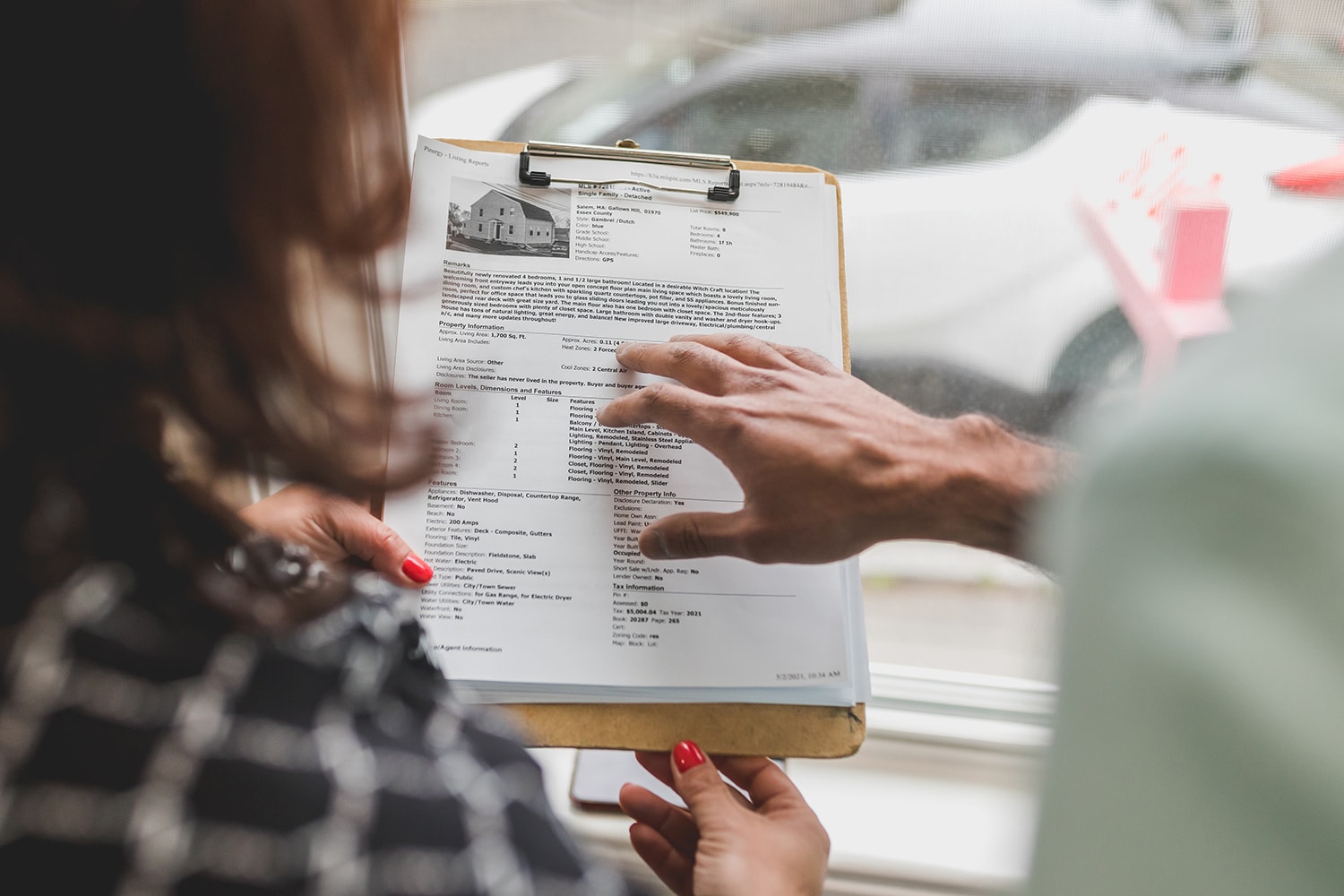Index
To sell an inherited house, you need: deed of origin, acceptance of the inheritance, land registry transfer, and declaration of succession.

When we find ourselves inheriting a house from a loved one, the emotional situation can be very difficult to deal with. Added to this is the complexity of the bureaucracy required to manage the assets left as an inheritance.
The decision to sell an inherited house often stems from the impossibility or unwillingness to maintain the real estate received. The reasons can vary: perhaps the house is located in another city, it is too large or small for your needs, or you prefer to convert the asset into cash.
Whatever the reason, selling an inherited property requires a series of documents and a specific procedure.
In this article, we will explore the fundamental steps for dealing with the sale of an inherited property, with a focus on the necessary documentation and the taxes involved.
Casavo offers you a 360-degree assistance service and takes care of managing all the necessary documentation, so you can sell your inherited home easily and safely.
Necessary Documents

The first thing to consider is the documents you need to collect in order to proceed with the sale. Some of these are the same ones required for the sale of any property, while others are specific to assets received as an inheritance.
Here are the main documents needed to sell an inherited house:
- Personal documents: identity card and tax code of the heir.
- Deed of provenance: in this case it coincides with the declaration of succession, which demonstrates the transfer of the property from the deceased (de cuius) to the heirs.
- Land registry certificate: document that reports the land registry value of the property and its registration with the Land registry.
- Certificate of conformity of the systems: not mandatory, but recommended to increase the value of the property.
- APE (Energy Performance Certificate): necessary to certify the energy efficiency of the house.
- Condominium regulations and condominium release: in the case of apartments.
- Building permits and other documents related to the property.
Declaration of succession and acceptance of inheritance
In order to sell an inherited house, the declaration of succession is a Mandatory transfer. This is the official document that sanctions the transfer of ownership from the deceased's heirs. It must be submitted to the Revenue Agency within 12 months of death and contains a list of all assets, including real estate.
In addition to the declaration, the heirs must proceed with the acceptance of the inheritance, which can be express or tacit. Only after completing this step will it be possible to proceed with the sale of the inherited property.
In some cases, if the heir has not formally expressed his acceptance, the transcription of the tacit acceptance will be necessary in order to sell the property.
Taxes on the sale of an inherited house

One of the key points in the sale The tax burden of an inherited property concerns taxes. The most important is the inheritance tax, the amount of which varies based on the degree of kinship to the deceased. The rates can range from 4% to 8% of the cadastral value of the property, with different tax exemptions depending on the relationship with the deceased.
Here is an overview of the rates:
- 4% for spouses and children, with a tax exemption of up to 1,000,000 euros.
- 6% for brothers and sisters, with a tax exemption of 100,000 euros.
- 6% for other relatives such as nephews and nieces, without a tax exemption.
- 8% for all other heirs, including cohabitants, without a tax exemption.
In addition to the inheritance tax, there are other taxes to consider, such as mortgage tax and land registry tax, which must be paid when transferring ownership.
The sales procedure

Selling an inherited home is a complex process, involving various steps and specific documents. Here are the main steps to follow:
- Acceptance of the inheritance: as already explained, it can be express or tacit, but in both cases it must be formalized.
- Obtain all the necessary documents: from the inheritance declaration to the land registry documents.
- Check the value of the property: to avoid problems during the sale phase, it is important to have an accurate estimate of the market value, taking into account the condition of the house and market trends.
- Check the utilities: you must make sure that all the bills are paid and that there are no arrears.
- Notary deed: as with any sale, the final phase is represented by the deed, which sanctions the official transfer of ownership to the buyer.
Common problems in selling an inherited property
When you decide to sell an inherited house, some specific problems may arise, related to the legal and financial status of the property. Among the most common are:
- Conflicts between heirs: in the case of multiple heirs, it may be necessary to reach a unanimous agreement for the sale of the property.
- Debts: any outstanding debts or mortgages on the property can complicate the buying and selling process.
- Renovation cases: if the house requires renovation, these could affect the value and the time it takes to sell.
Conclusion
Selling an inherited house can be a complex process, which requires a good knowledge of the legislation and the necessary documentation. The inheritance declaration, acceptance, and payment of taxes are just some of the key steps to completing the sale correctly.
Relying on a notary and professionals in the sector can be essential to avoid errors and face each step safely. If you want to free yourself from worries related to bureaucracy and focus on other things, Casavo offers you quick and efficient solutions for the sale of your inherited property.
